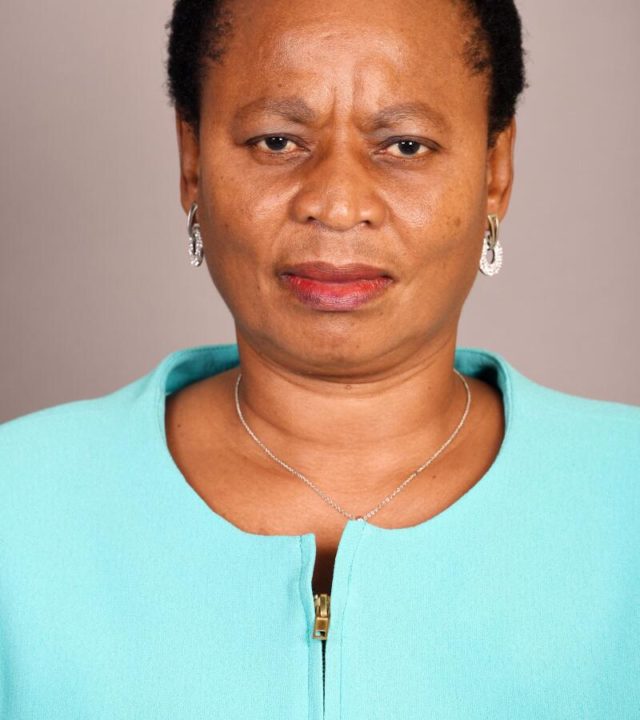Maths participation in Grade 12 nationally has been declining – from 2018 to 2021 the number of pupils taking the subject dropped from 45.6% to 36.8%.
THE DEPARTMENT of Basic Education (DBE) says it seems the secret to producing the best matric results in mathematics in provinces like the Northern Cape, Western Cape, Gauteng and Free State is to encourage very few pupils to take the subject.
This as maths participation in Grade 12 nationally has been declining – from 2018 to 2021 the number of pupils taking the subject dropped from 45.6% to 36.8%.
The DBE revealed this during a briefing to the Portfolio Committee on Basic Education about their plans to improve performance and participation in mathematics, science and technology (MST) subjects.
“About 36.8% learners are doing maths and the rest, 63%, are choosing maths literacy which is not going to assist us to grow our economy. This is a challenge that we are working on. Provinces with the lowest participants are the Northern Cape, which declined from 28.2 to 21.1%, followed by North West with 31.3% to 23.%. It is worth noting that the Western Cape is the third province declining, from 30.4% to 26.3%, then Gauteng, from 37.2% to 31.2%, and the Free State, 39.0% to 36.4%,” the DBE’s David Hlabane said.
“These last three provinces are always celebrated as producing good and the best but their secret is to get as little as possible number of pupils taking maths and encourage many to take maths literacy. As we celebrate them we must understand this. Then we get provinces like the Eastern Cape and KwaZulu-Natal where more than half the learners do maths, however, they are now also copying these three celebrated provinces having less learners to take maths so that their pass can also be good.”
Hlabane said the vision of the National Development Plan (NDP) is that by 2030 they aimed to have 450,000 Grade 12 pupils who will have bachelor passes in maths and physical science.
Basic Education Deputy Minister Reginah Mhaule said: “We are trying that all provinces participate the same way in maths and science especially that our economy needs.”
DBE chief of teacher development Mataole Ramohapi said some of the interventions included that the department and Chinese Embassy conducted an online mathematics seminar for 40 participants.
Professor Kobus Maree, from the department of educational psychology at the University of Pretoria, said poor foundation, lack of resources and lack of teacher development were contributors to the problem.
“Many learners are scared to take mathematics, incorrectly believing that maths is ‘overly difficult’. Some teachers encourage learners to take maths literacy instead. Some may also hope that this action will help them attain better average marks in mathematics and maths literacy,” said Maree.
It is well-known that the quality of teaching and learning in mathematics and physical sciences, especially received by learners in better-resourced environments and schools, is vastly better than the quality of teaching and learning that their disadvantaged counterparts receive.
“Private and more affluent schools can afford to lure the best-qualified teachers to their schools. This step, too, substantially bolsters their chance of achieving good outcomes in maths.”








